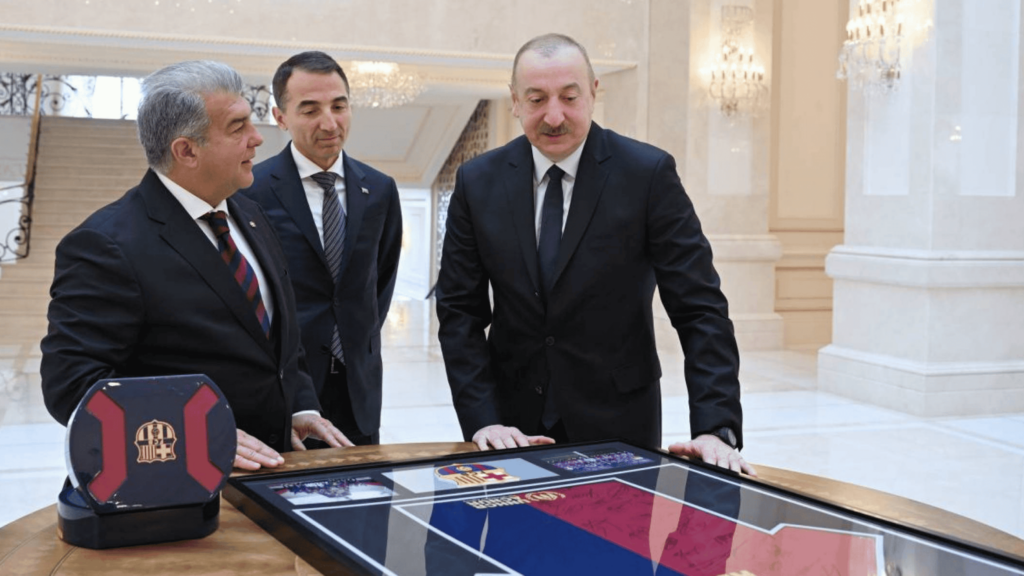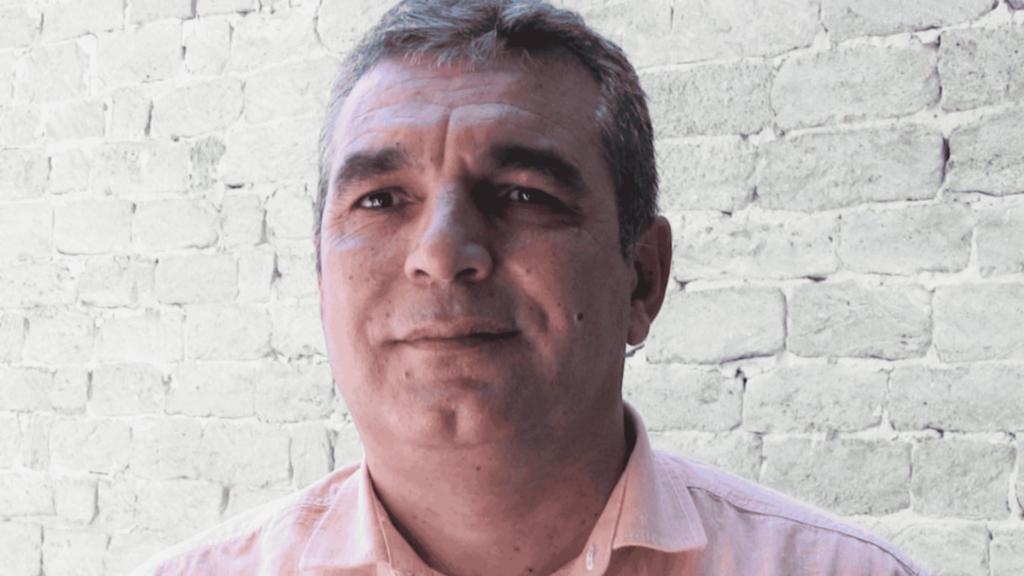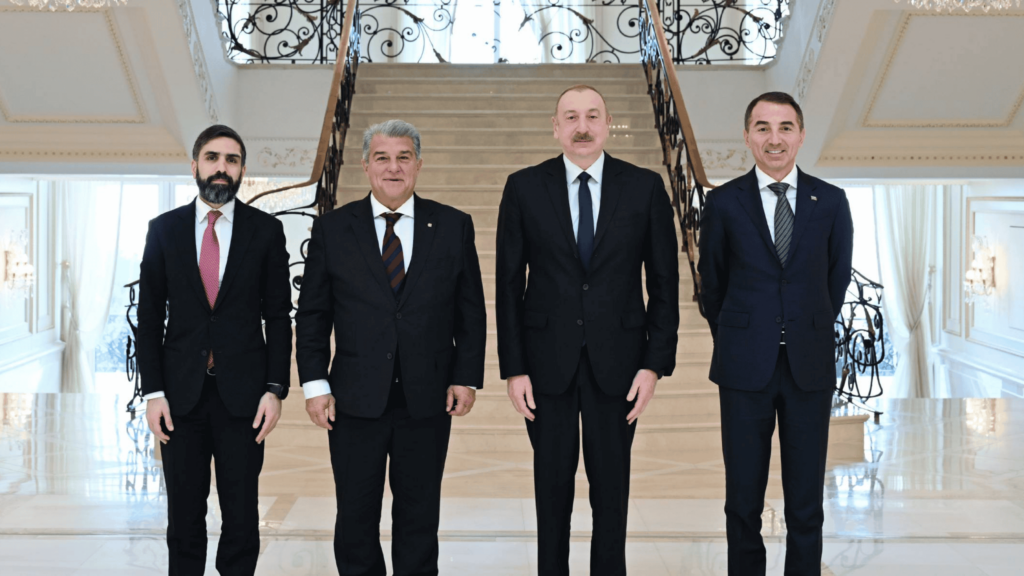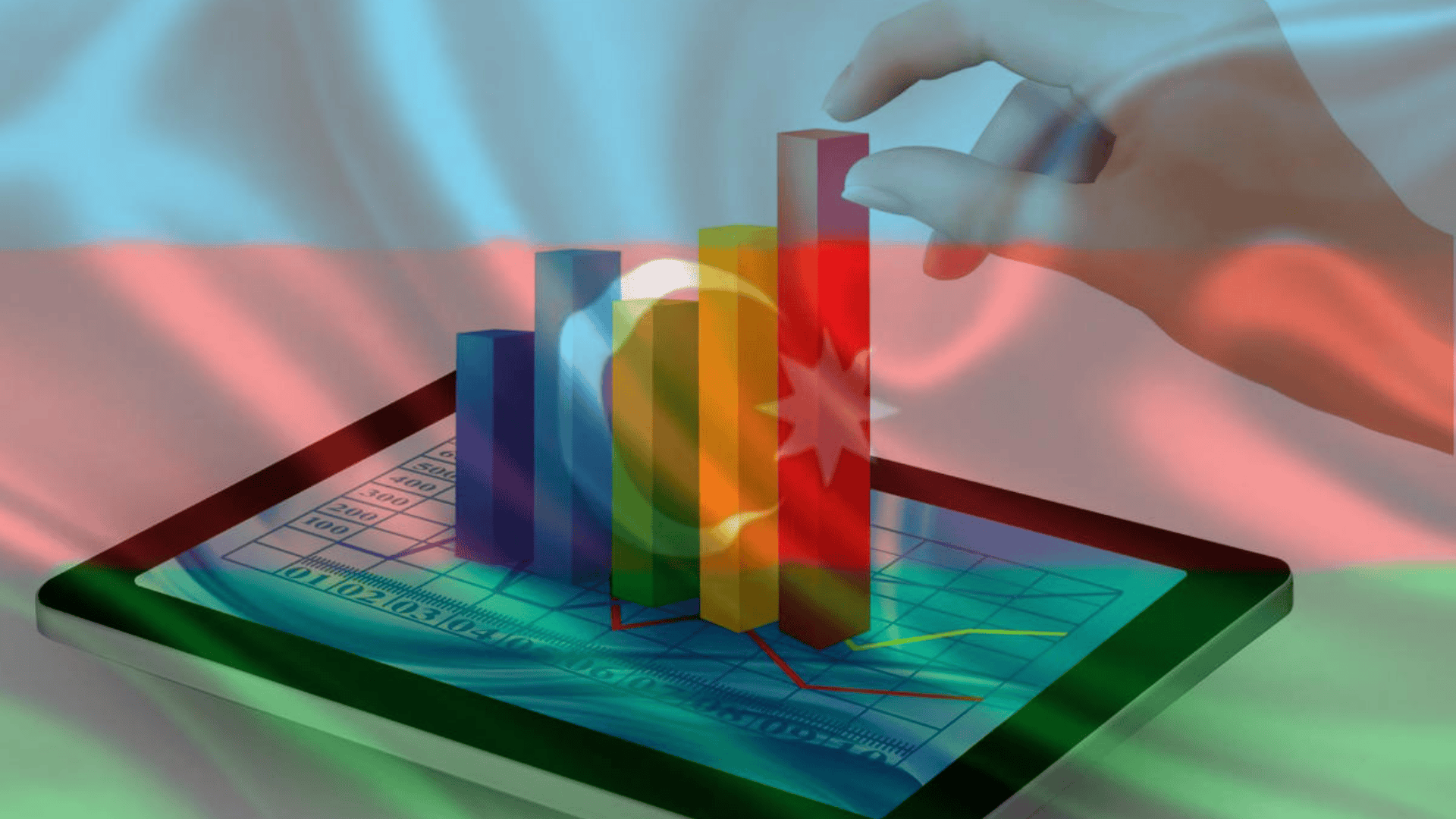Contaminated crude and Moscow’s shadow: inside Azerbaijan’s energy turmoil
SOCAR scandal in Azerbaijan
A Baku court has ordered former senior SOCAR official Adnan Ahmadzade to be remanded in custody for four months. He is being investigated by the State Security Service on charges of large-scale embezzlement and “sabotage,” allegedly aimed at undermining Azerbaijan’s economic security.
The official indictment has not yet been published, fueling widespread media speculation about the reasons for his arrest.

Azeri Light scandal
This summer, traces of organic chloride contamination were detected in Azerbaijan’s flagship Azeri Light crude, causing unrest in global energy markets. Austrian company OMV reported the discovery of contamination, and Italy’s Eni confirmed the presence of similar substances in its systems.
According to Reuters, The incident sent Azeri Light differentials to a four-year low, causing several days of loading delays.
BP, operator of the Baku-Tbilisi-Ceyhan (BTC) pipeline, stated in late summer that contaminated cargoes were being inspected in accordance with contractual terms, but exports were continuing. Since the contamination was discovered, six tankers have loaded at the BTC terminal, while SOCAR and BP said they had processed the contaminated oil to make it fit for export.
OMV Petrom refused to accept some cargoes destined for Romania after the contamination was discovered. Authorities stated they were investigating the source of the problem, but no official explanation has yet been provided.
Suspected Moscow’s involvement
Amid the unrest, some international media have speculated that Russia may have been involved in a deliberate act of sabotage. OC Media reported that Romania is investigating possible cargo contamination by Russian agents, with officials in Bucharest calling it a possible “hybrid warfare operation.”
The Azerbaijani government and BP have not confirmed these claims. However, following Ahmadzade’s arrest, some local media outlets directly linked him to the case, citing his long career at SOCAR and extensive business connections at home and abroad.
The Yeni Musavat website claims he was detained in connection with the illegal mixing of Azeri Light crude with other grades of oil. This is consistent with the accusations of embezzlement and threats to economic security brought by investigators, although no detailed evidence has been presented.
Some reports even suggest that prosecutors may consider charges of “high treason.”
Local media reports that his property, including luxury apartments in Port Baku and Sea Breeze, as well as several cars, have been seized, and his bank accounts and those of his wife, Gulsafa Jafarova, have been frozen.
Economic impact and SOCAR’s image

Economist Natig Jafarli told Voice of America that the scandal has dealt SOCAR a serious blow, both economically and reputationally.
He warned that Azerbaijan’s long-standing image as a “stable and reliable partner” in global energy markets has been undermined.
“If such an incident occurred at facilities owned by a state-owned company, why weren’t laboratories able to detect it in time?” he asked.
Jafarli noted that the scandal poses a threat not only to SOCAR but also to Azerbaijan’s overall energy reputation. Refineries in Romania and Italy temporarily stopped accepting Azerbaijani oil, and Kazakhstan suspended oil transit through Baku for two months, highlighting the global scale of the damage.
From now on, Azeri Light crude oil shipments will likely be subject to stricter certification requirements, leading to higher costs.
“In the business world, such incidents are not easily forgotten—they are remembered for years,” Jafarli said.
According to international reports, SOCAR could have suffered losses of between $450 million and $500 million as a result.
Who is Adnan Ahmadzade?

Born in 1978, Ahmadzade rose through the ranks at SOCAR, holding senior positions in marketing and economics. He also served as the Executive Director of SOCAR Trading and later became Deputy Vice President for Investments and Marketing.
In 2015, President Ilham Aliyev awarded him the “Progress” Medal for his services to the oil industry. In recent years, he founded ABDA Invest Holding and served as the honorary president of the Azerbaijan Koshiki Karate-do Federation.
Ahmedzade is also known for his connections with world football stars and cultural figures. He was widely reported to have played a key role in organizing Lionel Messi’s visit to Baku in 2024, as well as bringing Ronaldinho and Barcelona president Joan Laporta to Azerbaijan.

Domestic political message or a victim of the global energy scandal?
There is a long-observed trend in Azerbaijan’s system of governance: without the permission, approval and oversight of president Ilham Aliyev, it seems impossible for senior officials to engage in any kind of connection, cooperation or even covert activity. For someone like Adnan Ahmadzade, who worked for years in the leadership of a strategic structure such as SOCAR, to face such serious charges cannot be considered accidental.
This suggests two possible scenarios:
The betrayal version. If the charges are confirmed, a figure whose closeness to the president and his family cannot be denied could be presented as a “traitor.” In that case, the issue should be assessed not only on an economic level, but also in terms of political loyalty.
The scapegoat version. If the matter is indeed linked to the Azeri Light scandal and traces of Russian involvement, then Ahmadzade may have been chosen as a scapegoat to cover up the political and economic consequences of an international scandal.
In Azerbaijan, there are many precedents of regional governors, ministers and other senior officials being jailed on corruption charges and released a few years later. It is not unlikely that the same pattern could be repeated in Ahmadzade’s case.
At the same time, loyalty is the main criterion for Ilham Aliyev. If Ahmadzade maintains his loyalty to the political leadership, after imprisonment he could even be rewarded with a higher-status position or financial compensation. So far, it has been rare for people close to the Aliyev family to be completely cast aside.
Thus, Ahmadzade’s fate has become an important indicator of both Azerbaijan’s domestic governance mechanisms and of the country’s relations with Russia and its position in international energy markets.
The case is still under investigation, and all the allegations remain unconfirmed.
So far, neither Baku nor Moscow has officially confirmed or denied the claims made about Ahmadzade. The outcome of the investigation and the official information presented to the public will be of great importance.
For now, the scandal’s wide resonance has led to discussions based only on assumptions — largely due to the tensions currently shaping Azerbaijan-Russia relations.





















